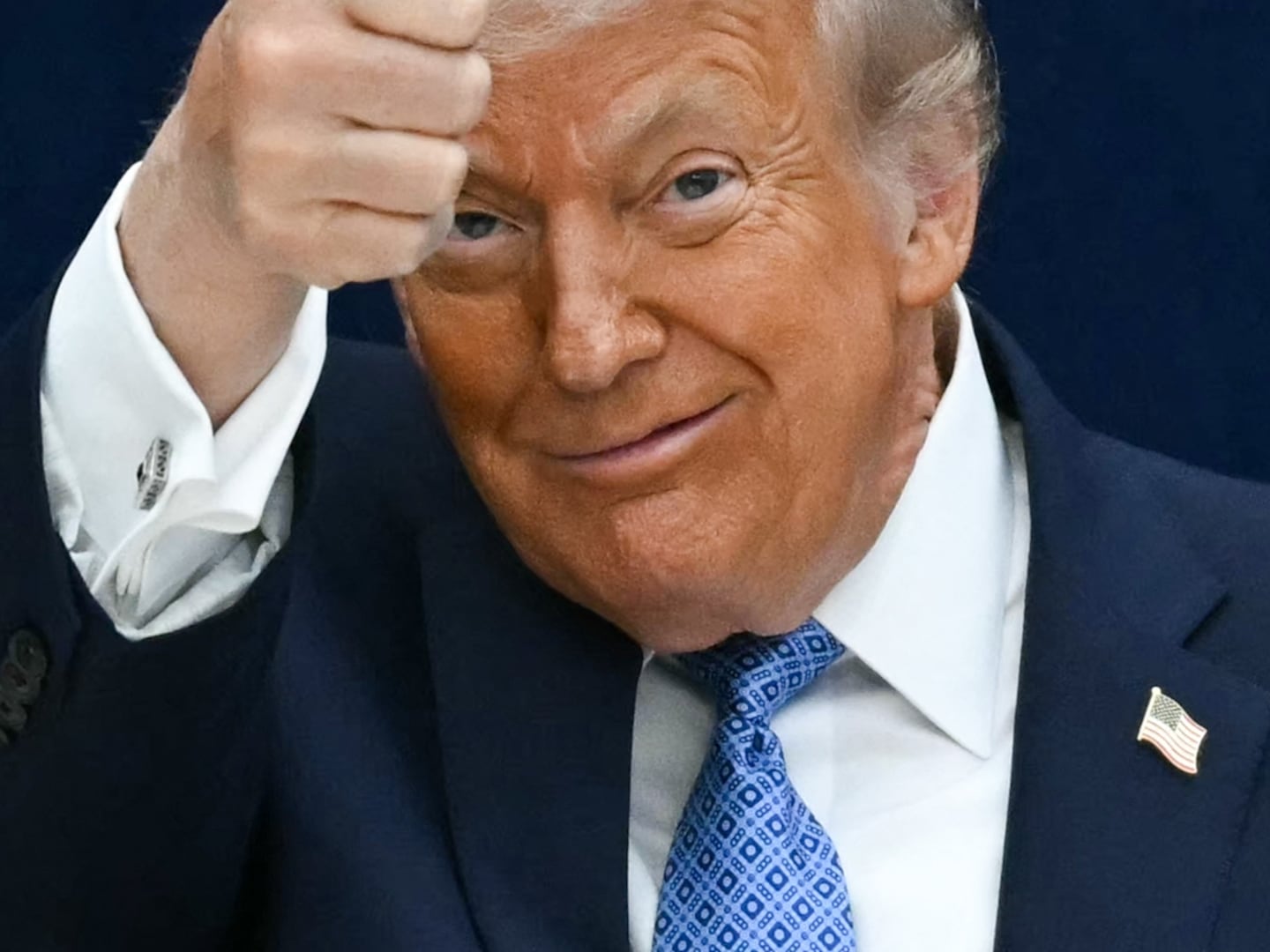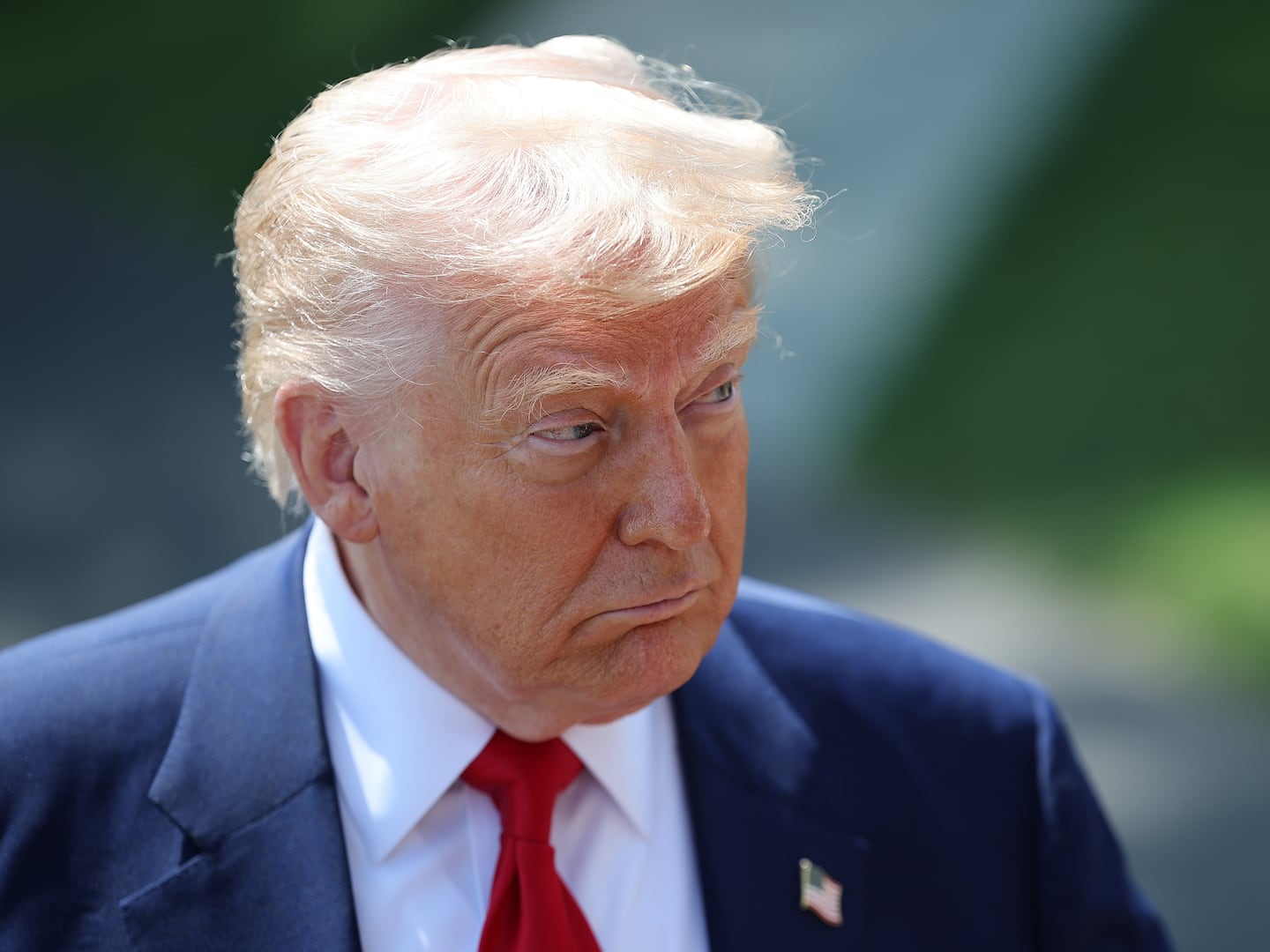Fifty-five years after their last war, China and India are in an eyeball-to-eyeball standoff over a strategic piece of territory in the Himalayan Mountains.
It’s their worst crisis in decades. President John F. Kennedy played a central role in ending the 1962 Sino-India War. Is this administration ready?
On June 16, soldiers of the Chinese People’s Liberation Army began working to extend a road from Tibet into the small Himalayan kingdom of Bhutan. The road building is at the junction of the borders of China, India, and Bhutan and just north of what is called the Siliguri Corridor, or “Chicken’s Neck,” which is a very narrow piece of Indian territory, at one point only 17 miles wide, that links India to its northeast region, including the state of Assam.
India responded by moving its troops into the disputed area called the Doklam Plateau because India has a longstanding defense relationship with Bhutan. Bhutan was a protectorate of India until 2007, and depends on India to defend it. Now the two rival armies—China and India—face each other only yards apart.

The media on both sides have exacerbated the tensions, but since the Chinese media are state controlled their hyperbole is especially dangerous. They have threatened to teach India a lesson now the way China did in 1962. Bhutan, which was put under India’s protection at the end of the British Raj in South Asia, has tried to keep a low profile, but is well-aware that China has already swallowed up one Buddhist kingdom in the Himalayas: Tibet.
In October 1962, Mao Tse Tung’s China invaded India all along the 1,800-mile disputed border between the two countries and delivered a humiliating defeat to the Indians, who were routed by the better equipped and led PLA. China was poised to cut the Siliguri neck and take over all of Assam and the rest of the states in northeast India. Even Calcutta [Kolkata] was at risk. Pakistan, India’s nemesis, was threatening to join the war to seize Kashmir from India.
While the two most populous countries in the world were fighting, the Soviet Union had placed nuclear weapons and long range missiles in Cuba. Kennedy was in the midst of the Cuban missile crisis, the most dangerous moment in human history. Nuclear war seemed inevitable.
JFK managed both crises brilliantly. He avoided war with Moscow and got the Russian nukes out of Cuba. He sent the U.S. Air Force to India to resupply the Indians, warned Pakistan to stay out of the war, and assured Indian Prime Minister Jawaharlal Nehru of American support. The U.S. Navy sent a carrier battle group to the Bay of Bengal to demonstrate Washington’s support for New Delhi.
At the peak of the crisis Nehru asked Kennedy to send 350 American combat aircraft to fight the Chinese. Because of the staunch American support and the impending onset of winter, Mao backed down and announced a unilateral cease fire and withdrawal from China’s conquests in the northeast. Kennedy never had to answer Nehru’s appeal to join the war directly. Nehru did credit Kennedy with stopping the Chinese offensive.
Much has changed in 55 years. China and India are now nuclear weapons powers with nuclear armed missiles targeting, respectively, New Delhi and Beijing. Both are huge economic powers with considerable trade between them. Both have also built up their conventional forces facing each other in the Himalayas. China and America are no longer Cold War enemies. India and America have grown much closer and routinely hold joint military exercises.
Since 1962, Beijing and New Delhi have held dozens of meetings to try to mediate their claims to the frontier without success. It is the longest-lasting border in dispute in the world. They have also had repeated crises on the border which they have resolved without war. This one is likely to cool off as well, but that is not a certainty. The last major crisis in 1986 lasted 10 months. Both sides have options for escalating tensions short of war, but with increasing danger.
This is a face-off with potentially enormous consequences for the world. Neither side has asked for American intervention but American interests are very much at stake. The Chinese incursion into Bhutan coincided with Indian Prime Minister Modi’s visit to the White House, probably a deliberate move by Beijing.
Washington should have its diplomacy at the ready. We need experienced hands in the State Department South Asia bureau. We need the best possible ambassadors on the scene. Our military ties to India need to be on watch. JFK was ready in 1962, we should not be caught off guard today.
Bruce Riedel’s book, JFK’s Forgotten Crisis: Tibet, the CIA, and the Sino-Indian War, will be released in paperback next month.






